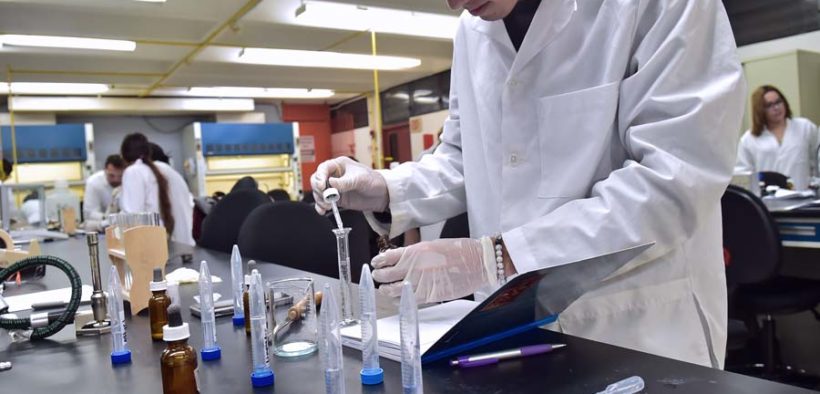InterAmerican University gets $552K grant for virology research institute

The National Science Foundation awarded a $552,529 research grant for work at the InterAmerican University of Puerto Rico’s Aguadilla Campus, the college announced.
The initiative will create the Host-Virus Evolutionary Dynamics Institute and together with its researchers, it aims to establish fundamental rules of life, or Laws of Virology, which govern the interactions and mechanisms between organisms and viral entities.
“Committed to the university’s academic excellence, the InterAmerican University of Puerto Rico maintains as part of its mission and academic goals to emphasize achieving and supporting scientific research projects among the faculty and students,” said InterAmerican University of Puerto Rico President Manuel Fernós.
“The time is right for challenges and opportunities and this grant will allow the faculty and students of the Aguadilla Campus to become fully involved in scientific activities for the benefit of humanity,” he said.
To achieve this goal, each satellite center of the HVEDI Institute at Inter Aguadilla, at the University of Arkansas, the University of Maine, and Ouachita Baptist University — three other NSF grant recipients that will split a total of $6.1 million — will focus on studying different viruses and model systems, representing each domain of life: bacteria; eukarya; and archaea.
“Every form of life that we know is classified in one of the three domains. Bacteria and archaea are microscopic organisms without a nucleus and unicellular, they are omnipresent and although we do not see them with the naked eye and they regulate important processes on our planet, even in our bodies,” said Chief Investigator at the HVEDI Center at the InterAmerican University of Puerto Rico’s Aguadilla Campus, Elizabeth Padilla-Crespo.
“On the other hand, the eukarya domain is where animals, fungi, protists, plants, among others, are found. All domains interact with viruses, which are lifeless particles that exert an evolutionary force on all forms of life,” she said.
HVEDI Center staff will focus on studying the fuselloviridae, and viruses that infect anaerobic and photosynthetic bacteria. Meanwhile, researchers at the University of Arkansas-Fayetteville will study cyanophages, and human herpes viruses. Other institutions will conduct research in other systems, such as roseolovirus and Y virus affecting potatoes.
“Each researcher will collaborate to study each viral system as in a separate bubble. Once the viral interactions and mechanisms within each bubble are described to the letter mathematical, we will proceed to develop a set of comparison systems to test the generalization of the fundamental rules that govern these processes,” said Padilla.
The Aguadilla Campus Center’s funding allocation of $552,529 will provide support to purchase a high-power transmission electron microscope, quantitative PCR machine, anaerobic camera, minor equipment, and consumables required for genetic testing and experiments in microbial ecology and basic virology.
This infrastructure will support the research efforts of Padilla’s laboratory, as well as national and international collaborative projects, training workshops, and initiatives related to education, diversity, equity, and inclusion.













